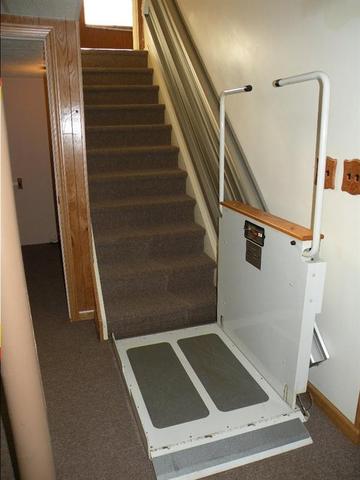With housing costs skyrocketing along with the cost of assisted living, it’s often a financially savvy decision for aging parents to move in with their adult children. Renovating a basement or building them their own suite gives seniors the privacy they deserve during their golden years.
It also makes logistical sense for adults who are simultaneously raising children. For these people, getting everyone who needs care under the same roof is a practical necessity.
If you’re one of the millions of households thinking of moving an aging parent into a customized basement suite in your home, here are some important things to consider.
Decide on accessibility
Think about the suite’s accessibility in relation to the rest of the house. How independent do your seniors want to be? If they want to maintain a high degree of independence, you may want the suite’s main entrance to be exterior, so they can come and go as they please. If they prefer to be integrated into the household, the entrance could be part of the main upstairs living area, with the exterior exit existing more as a safety feature.
Even if they’ll be fully integrated into the household, you want to give them a reasonable level of privacy. The last thing you want to do is move your mother into your home and end up being a bad roommate.
The other accessibility consideration is a simple matter of safety. Basement conversions are almost always required to have an emergency exit, as well as egress windows in case of a fire or other emergencies. If you don’t have access to your basement’s external walls, this will require a bit of additional excavation work. Basements that don’t meet these accessibility standards will not only be unsafe, they could seriously complicate a future home sale.
On the other hand, fully finished and code-compliant basement suites can add a lot of value to any home. Combine that price bump with a low-commission agent when you sell, and you could pocket five or six figures in extra profit.
Get the light right
Brightness is an especially important consideration for seniors, who often have reduced vision.
Basements get very little natural light, so they need to be well lit to avoid feeling dark and cramped. Err on the side of what may seem like excessive brightness when planning the basement’s lighting.
The key is to install a variety of lighting types, including overhead lights, hanging light fixtures, wall sconces, table lamps, and floor lamps.
This light should be sufficiently bright, too, but you shouldn’t use harsh, white lighting, which many people find off-putting. Consider using warm lights as much as possible.
Provide safe walls and floors
Considering that low light can be a problem for many seniors, use bright tones on the walls and floors. Opt for light gray or eggshell walls rather than dark tones. Also avoid bold, visually busy patterns on wallpaper or carpet because these can cause problems with depth perception and clarity for aging eyes.
The right flooring is extremely important for safety reasons. Slippery floors are an obvious hazard, but floors with too much grip can be just as dangerous. Seniors often walk with a low, shuffling stride, and a floor with too much grip can easily cause them to trip and fall. The ideal floor for a senior suite should have adequate traction but a low profile, such as low-pile carpet.
You may also want to avoid hard, uncushioned floors in case of a fall. Rubber or cork flooring can provide solid foot traction while also providing enough cushion in case of a fall.
Also think about transitions between different types of flooring. Going from a textured carpet to a smooth linoleum-style kitchen floor could be jarring for an unstable walker.
Store objects at the right level
Most kitchen layouts incorporate appliances or cupboards that can only be reached by kneeling on the floor or by reaching overhead in a full extension. Both of these maneuvers can be difficult for a mobility-challenged senior, so you want to keep everything in an easily accessible area, such as a kitchen counter or island.
A Complete Guide to Basement Waterproofing


